I was talking to an old friend the other day and one thing that struck me was that we both felt really strongly about injustice. But then I thought – surely everyone gets equally angry and upset about it. Is the difference about trying to fight injustice or standing up to it? I’ve been thinking a lot about this lately.
Whenever I think about injustice I am taken back to a very personal event in my childhood. As a young catholic girl I was very well behaved – I had taken on board, very literally, the fear of burning in purgatory. It was a rainy day and we had to stay in the classroom during playtime. Sister Ursula told us that we had to be totally quiet or we would be punished and she left the room. I was reading a comic for the whole time and was so engrossed that I never said a word to anyone. When Sister came back there were kids running around and being noisy (as most primary age children would do). She then proceeded to punish the whole class for this. I was incensed at this outrage. Even as I queued up with the others to get a cane whack against my hand I was protesting my innocence. She ignored it and hit me really hard. I cried really bitterly at this – not only because of the pain but because of the injustice. When I got home and told my parents (and showed them my bruised hand) they did nothing and that was what really hurt – to me their inaction supported this behaviour.
Fast forward 45 years. Me and my family are living in a small town in Scotland. Tim and I put a lot of effort into establishing an art group which we hoped would bring some life into a dying town and create a space for local people to engage with art. In order to get funding for this work we worked collaboratively with other artists to develop a formal, but inclusive, constitution. The two words collaborative and inclusive caused so many problems in a place used to a ruling class that dictated what should happen. Some people in the group seemed to struggle with having to read, engage, contribute towards and vote on accepting a constitution that represented their interests. I think lots of people just wanted some committee to present it as a finished article.
In addition, the town bigwigs who were used to controlling all activities like this were very unhappy about the creation of a group that they did not control. Things began to get pretty ugly for us and rumours were spread about our motivations and our honesty. We were accused of using money from the group (not that there was any money at this point) to refurbish our property. Once again I was furious and really upset at the injustice of these lies. We had freely given hours of our time to writing the constitution, writing press releases and establishing a website to showcase artists (with our own money). We literally had people knocking on our door and demanding to know if we had taken money from the group. WTF????
But once again it wasn’t the actions of the people spreading the lies or trying to undermine our work (or our business) that caused the most pain. It was the actions of all those people we were trying to work with that hurt the most. What about the people who I sat with for hours getting their portfolios online, or helping them produce cards of their artwork, or making prints to sell in our art gallery? How did they support us through this awful time? Did they stand up for us? Did they raise their voice against this?
No – they supported this inappropriate bullying behaviour:
- by taking no action
- by insisting on keeping the peace
- by allowing them to keep sabotaging the group
- by colluding with the perpetrators
They didn’t want to rock the boat or cause conflict. They were scared. They were not prepared to fight injustice. It was just a small thing after all – the wellbeing of a family, the mental health of three people.
We are recovering now. The town is still dying…
Nobody said life was fair – I know – so why do I continue to expect humans to be fair and to fight injustice.
It is mirrored throughout our society, of course… In workplaces it is difficult to fight – people fear for their jobs. We watch as the government destroys the lives of disabled people and we let this injustice happen. Come on people – we have to fight injustice or we become one of the oppressors.
So I guess not everyone gets as angry or upset about injustice as me and my old friend. When we cry about injustice it is because we are so angry…


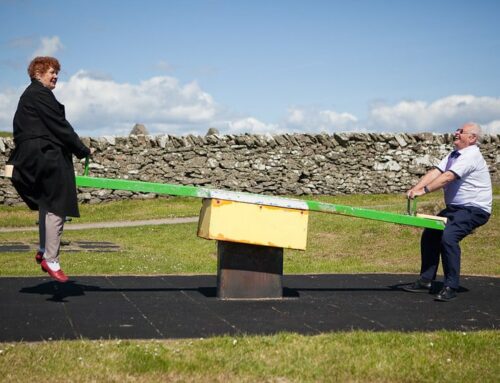
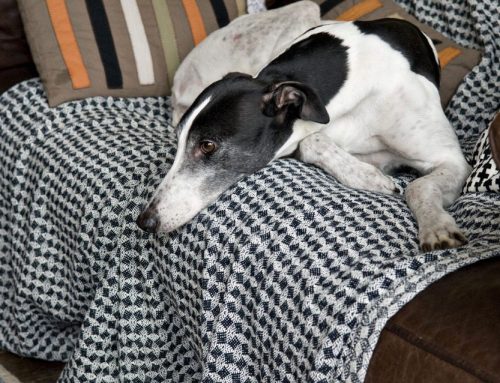
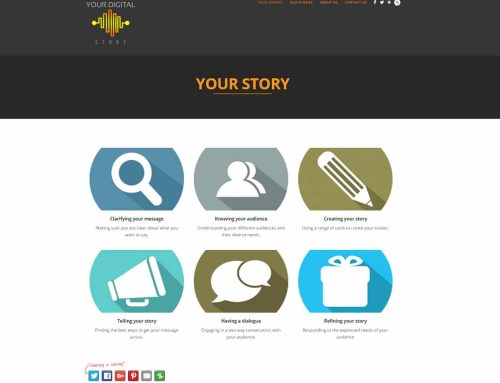
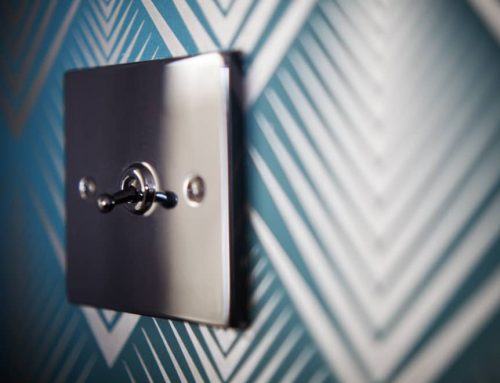
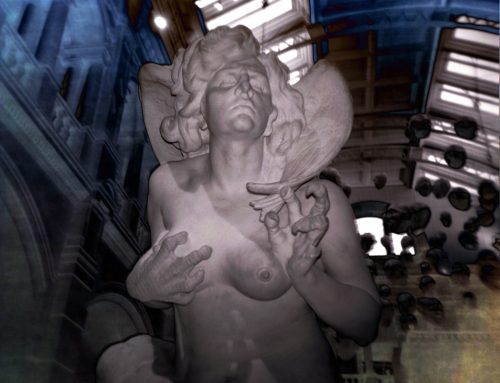
Excellent post by Lou regarding our experience in Whithorn and the emotional damage it did to us as a family when a small group of people targeted us for trying to set up an inclusive art’s society. Yes that’s right, all that hatred directed at us was because we tried to set up an inclusive art society where everyone had the opportunity to contribute and have a say. During this time I was described as the most hated man in Whithorn at one stage, even more hated than the convicted serial rapist, and it was clear that a number of individuals within the various local community bodies spread a host of lies and smears about me. It seems so bizarre looking back at what people said about me and how frightened they were at the very idea that we were reaching out to the ordinary working people in Whithron and offering them an opportunity to be creative. I was often blanked by people in the street and on many occasions treated to a very hostile welcome when going into local shops. How did I respond to all this hatred, well I remained polite and continued to fight for something we both believed in. But by the end of our time in Whithorn we realised it was a pointless battle and the fact that so many ‘liberal’, ‘middle class’ and ‘reasonable people’ were willing to allow us to be the targets for the town bullies just underlined we needed to move on. Looking back now with a chance to reflect upon what happened to us it is clear we encountered something quite common within small towns and communities. A brutal class hatred that spreads a toxic cancer within local communities, this hatred is hidden behind a supposed genteel veneer of respectability but look just underneath and you see the real horror of class. Whithorn is a dying town like much of Dumfries and Galloway because the people who control it are only interested in controlling things for themselves. They stopped at nothing to undermine the art society we built and even campaigned against having a bus shelter in the town that would allow people to shelter from the Scottish weather, Change can only happen if the toxic cancer at the heart of communities like Whithorn is removed and local people take control of their futures.